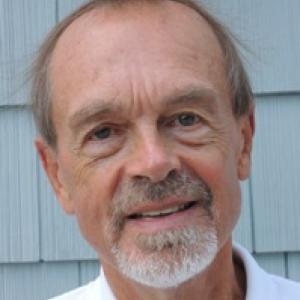
Celebrated philosopher Philip Kitcher of Columbia University is known for his studies of the role of scientific inquiry in democratic societies from the perspective the philosophy of pragmatism associated with William James and John Dewey. In a series of three lectures on “Education and Democracy,” Kitcher broadens this inquiry to investigate the aims of education with emphasis on the importance of the humanities and the arts. This lecture series, in memory of Walter A. Strauss (1923-2008), who was the Elizabeth and William C. Treuhaft Professor of Humanities, is generously supported by funds provided by the Paul Wurzburger Endowment.
Today in the USA there is much concern about education in the sciences. The reasons offered are typically incomplete. In this talk, Kitcher offers a more extensive account of why education in the sciences is important for everyone, and couples it with the thesis that a broad and deep education in the arts and humanities is equally necessary.
Free and open to the public. Registration recommended. ![]()
About the Speaker:
Philip Stuart Kitcher is a British philosophy professor who specializes in the philosophy of science, the philosophy of biology, the philosophy of mathematics, the philosophy of literature, and, more recently, pragmatism.
Kitcher is the John Dewey Professor of Philosophy at Columbia University. Before moving to Columbia, Kitcher taught at the University of Vermont, Vassar College, The University of Minnesota, University of Michigan, and for several years at University of California, San Diego where he held the position of Presidential Professor of Philosophy.
Kitcher is past president of the American Philosophical Association. In 2002, Kitcher was named a fellow of the American Academy of Arts and Sciences, and he was awarded the inaugural Prometheus Prize from the American Philosophical Association in 2006 in honor of extended achievement in the philosophy of science.
He has trained a number of prominent philosophers of science, including Peter Godfrey-Smith at the City University of New York Graduate Center, Kyle Stanford at the University of California at Irvine, and Bruce Glymour at Kansas State University.

